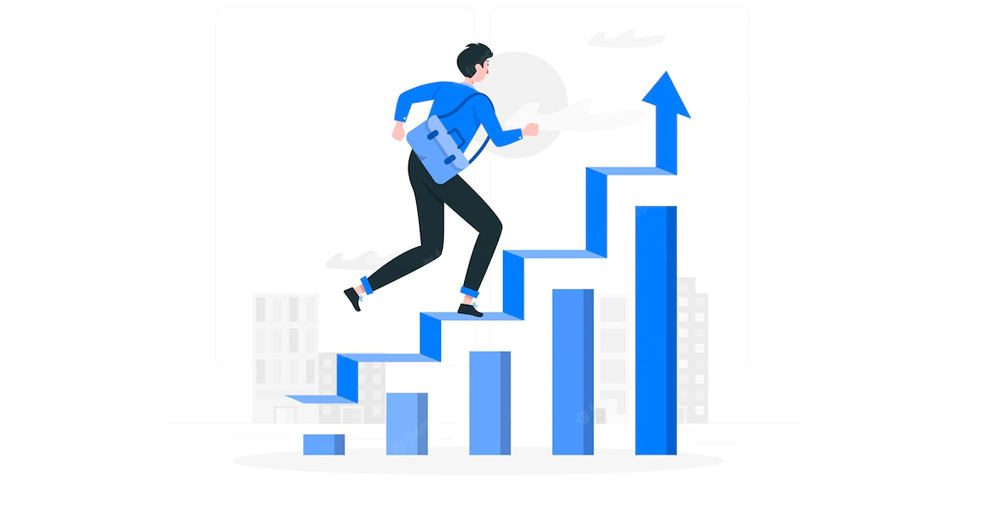
The customer feedback is information provided by your customers regarding your product/services, their experience and journey or their expectations and needs. Businesses always use customer feedback to assess and evaluate their performance and quality of their work. Businesses in Dubai and all around the UAE are utilizing customer feedback but most of them are still using traditional methods such as manual feedback collection with feedback forms, in-store surveys, call centers and manual feedback collection by sales or service staff. However, things have changed now, the manual feedback methods are no longer effective.
A high quality and intelligent digital customer feedback system is necessary if a business wants to collect actionable customer feedback data. The customer feedback doesn’t only provide data but it also help strengthening the relationship with your customers. When customers know a business is interested in learning their opinion and value their feedbacks, they feel more connected with the brand and their loyalty increases. That is why collecting customer feedback is very important.
See Also: Why Your Business Needs a Customer Feedback System?
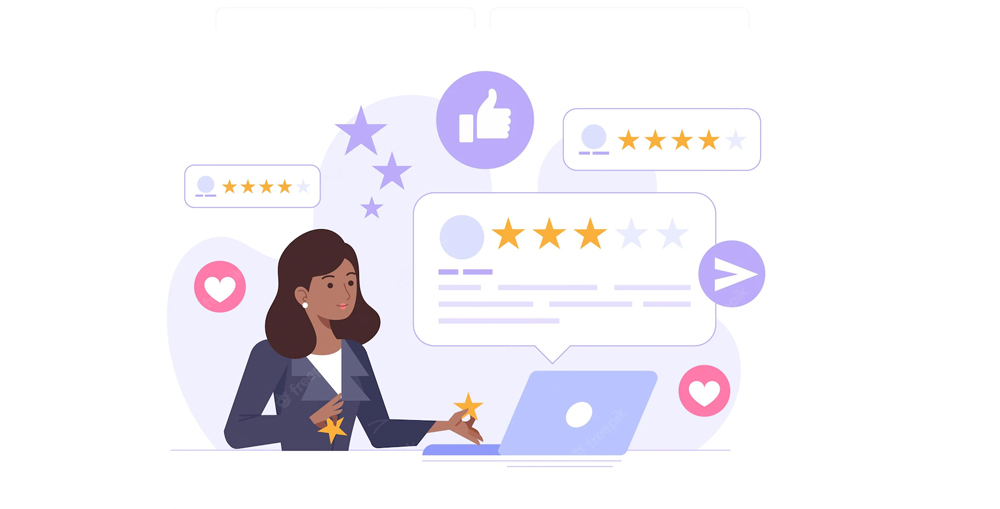
The customer feedback collection is also not an easy task even with the help of a digital customer feedback collection software and tools. The biggest problems with any customer feedback collection campaign are the quality of the data and quantity of the data. The feedback collection process should be intuitive and user-friendly so more customers can easily share their opinion.
Collecting high quality feedback data is also not enough, if a business wants to leverage customer feedback data they must have to able to analyze it correctly to learn about the general trends, problems and challenges a customer faces, customers’ desires and expectations, and the level of customer satisfaction and happiness, etc.
A digital customer feedback system offer many features such as it provides in-built analytical tools and customized reporting module which help businesses to produce highly accurate and effective reports which can be tapped into decision making processes.
See Also: Overcoming Challenges in Customer Feedback Collection and Management
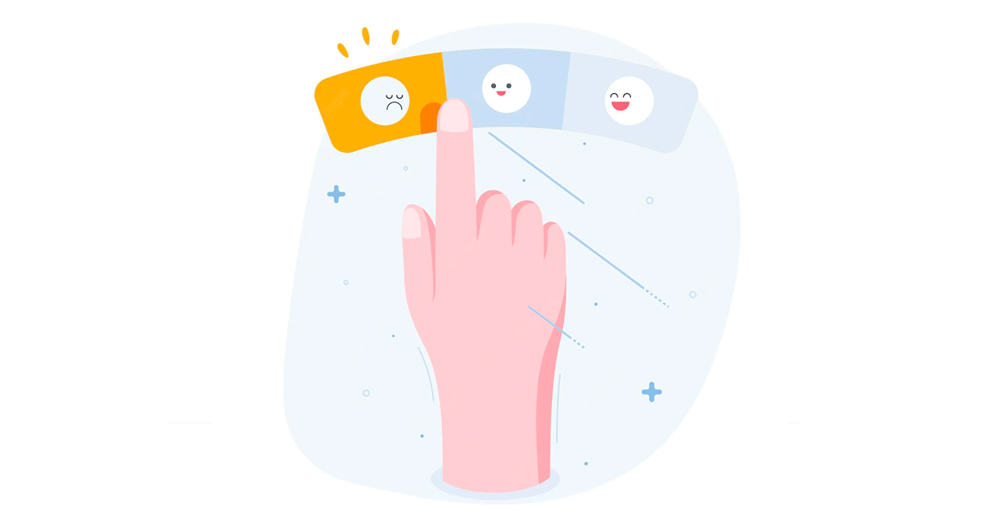
However, one question still remains unanswered which is what a business should ask? Whenever the marketers or business management planned to execute a customer feedback campaign they always got confused of what they should ask and how they should ask. In fact the reason of failure of most of the customer feedback campaigns is because the businesses failed to ask right question or they failed to utilize the right channel.
In this blog we will discuss 11 examples of different customer feedback collection campaigns to provide you with a chance to learn how you can also formulate a successful customer feedback collection campaign:
Examples of Customer Feedback Survey Questions
The main objective of conducting a customer feedback survey is to obtain an insight of the customer’s mind about various subjects and topics. Since the amount of feedbacks could range from a few hundred to several thousands, it is a crucial to be able to extract information in such a format which can later be analyzed easily. The data analysis help businesses produce actionable reports which can be incorporated into the strategy making or planning processes.
That is why digital customer feedback systems are used to conduct customer feedback campaigns. The very first step of customer feedback campaign is creating a question or a questionnaire. Remember, it is not your customer’s job to provide you constructive criticism, it is your job to create a questionnaire which provokes their thoughts and encourage them to share information which can be utilized to reach to a conclusion.
See Also: The Role of Customer Feedback Systems in Improving Business Performance
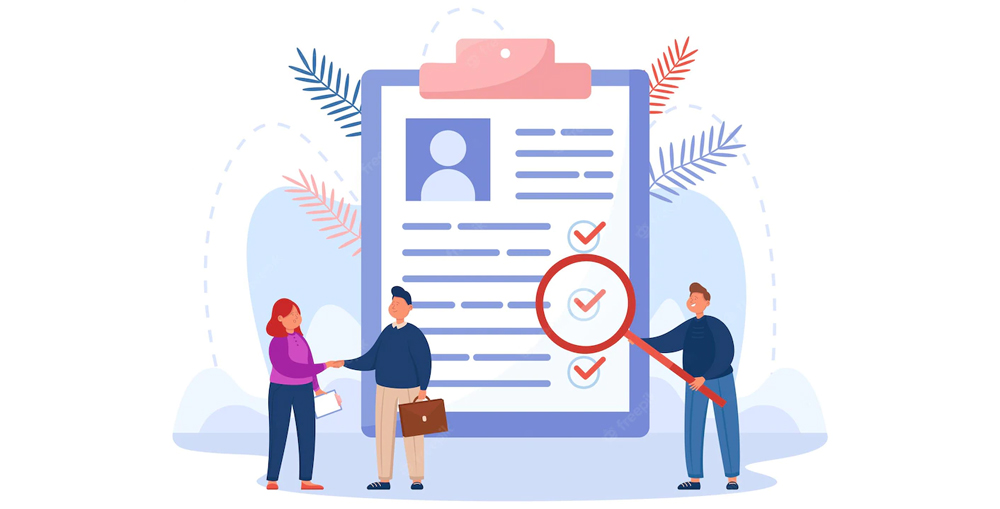
Here are some examples of customer feedback survey questions:
Product Development and Product Quality
For any business it is crucial to understand what their customers think about their products and services. A business cannot succeed until they keep improving their products and services. This cannot be done without understanding how satisfied your customers are with your products, services, features, offers, etc. The product development is a continuous process hence it requires continuous and real-time feedback from the customers and of course continuous market research.
When businesses collect customer feedback they can use it to either improve their existing products and services or they can use it to develop new products and services. Here are some questions that can be used to collect product development data:
- What is your favorite feature of our product/service?
- How often do you use our product/service?
- Does the product/service serve the desired objectives/goals?
- Since how long have you been our customer?
- What feature do you use the most?
- Is there any feature you would like to add in our product/service? (List or open-ended answer)
- What feature or function of our product/service is not good?
- What is the most difficult feature of our product/service?
- What is the most convenient and easiest feature to use in our product/service?
- Which feature or function of our product/service you don’t want to see in the future?
- Do you think the cost of our product/service is justified as per the benefits you are getting?
See Also: Best Practices for Collecting and Analyzing Customer Feedback
See Also: How to create Customer Feedback Surveys for Product Development?
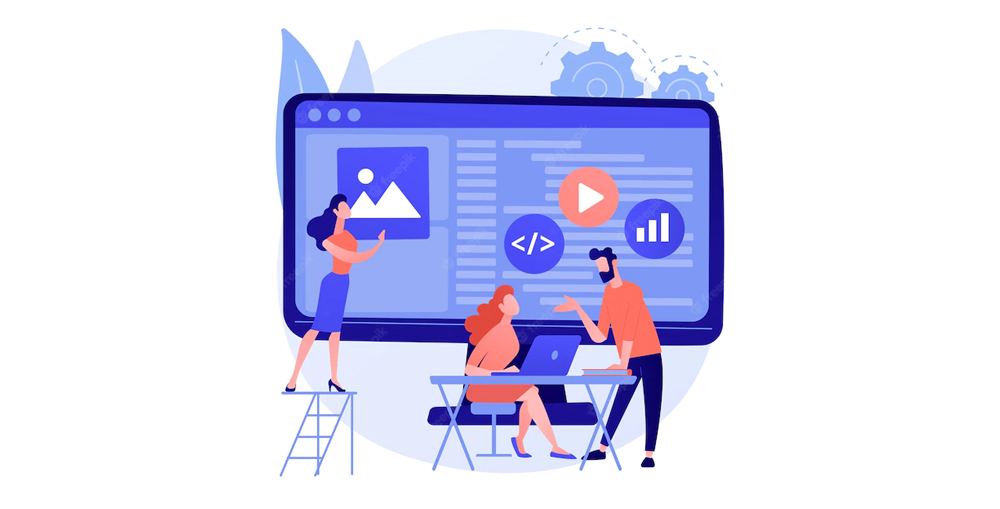
Such questions are great to evaluate your products and services and to understand your customers’ point of view on various aspects of the products and services. This information is vital for making improvements and innovation. Businesses can develop new products and services on the bases of the customer likings and they can also improve their existing products and services to make them more desirable.
Customer Satisfaction Score (CSAT Surveys)
The customer satisfaction score or also known as CSAT surveys are very important to evaluate your business’s performance. A business’s performance, progress and success can be measured by the satisfaction of its customers. No matter how much you are investing into your product development, research, internal systems, and marketing, etc. if your customers are not satisfied then you are failing.
The ultimate scale to measure a business’s success is its customer’s happiness and satisfaction. Now when it comes to customer satisfaction the biggest question arises is that how you know if a customer is satisfied? For that you should ask right questions, because in today’s world no one have time, everyone is busy, it is very difficult to extract useful information from your customers. Here are some example of customer satisfaction feedback questions:
- How likely are you to recommend us to your friends and family?
- How likely are you to recommend our (product/service name) to your family and friends?
- How happy or unhappy are you with the solution our team offered you today?
- How satisfied are you with your today’s experience?
- How helpful our staff was today?
- Do you agree or disagree that your problem was solved promptly and effectively today?
- How good or bad was your waiting experience?
- How was the behavior of our staff today?
- How satisfied are your with the technical proficiency of our service agent?
- How likely are to do more business with us?
- How satisfied are you with the price of our product/service comparing to the benefits you are getting?
See Also: Leveraging Customer Feedback System for Business Growth
See Also: How to Calculate NPS (Net Promoter Score) in Customer Feedback System
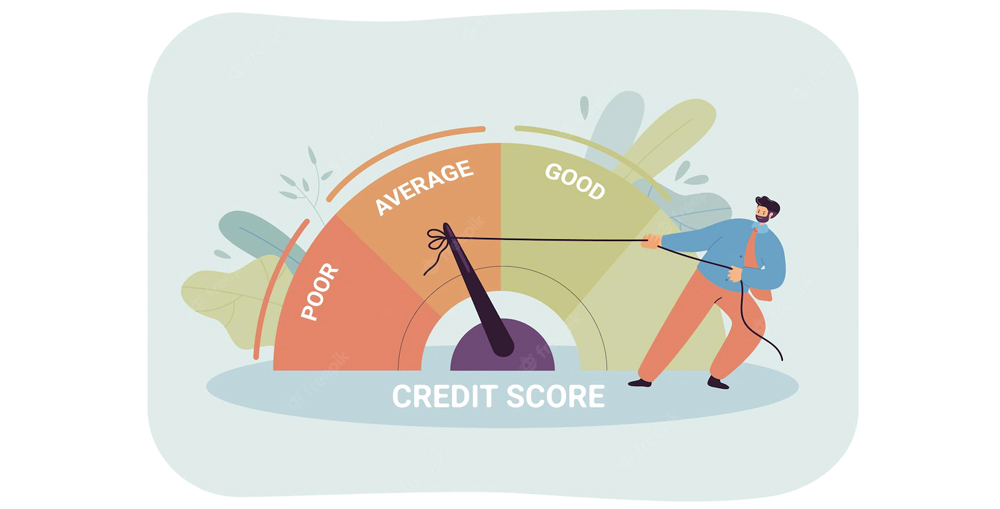
In order to measure customer satisfaction, all questions should have quantifiable answers. For example, usually the answers to the above questions are on a scale of 0 to 10 or 1 to 5 and in some cases business also use happiness meter which is just a smiley emoticons describing different happy and unhappy moods. The answer and the scale should be clearly described so the customers can chose the right answer and also understand the meaning of their selection.
Demographic Data Collection
For any business it is crucial to understand the customer persona. Their demographic data is a very helpful information while making up new strategies and planning for future. Different age groups, genders and other personal traits impact on the behavior of the customers and produce different responses to different situations and scenarios. Similarly the personality trait can have a huge impact on selection of products and services as well.
People from different location may have different preferences, and people who are employed could have different purchase preference than the people who are not employed. Certain age groups are interested in certain aspects of products/service and prefer certain communication methods and approaches. Understanding this all is crucial to establish a long term relationship with your customers which ensures repeated business and higher profitability. Here are some questions that can help you collecting useful demographic data from your targeted audience:
- Where do you live? Or Please select your city or region
- What is your age?
- What is your gender? (if applicable)
- What is your marital status?
- What is your employment status?
- What is your job designation?
- What is your education?
- What is your monthly/annual income?
- Are you the main earner in the family?
- How many people live in your household?
- Do you have a pet?
See Also: The Role of Customer Feedback in Personalizing User Experience
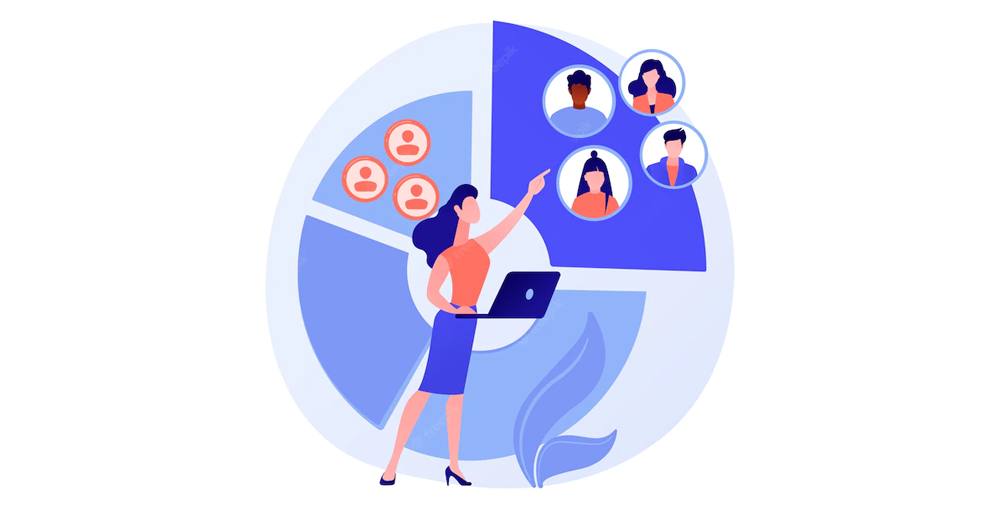
Obviously in the demographic questionnaire there would be some questions which your customers might not want to answer. So, it is important that only the most needed questions are mandatory. Keep the rest of the questions optional and provide your audience a facility to skip them as well. The demographic data is very helpful for communication and also help businesses to categorize different target groups and prepare campaigns accordingly.
This way the outcome can be maximized and the right communication for right audience also help improving the sales and revenue. Better understanding of customer persona always help businesses to build strong relationship with their customers which is a key to long term growth and a good business reputation.
Psychographic Data Collection
Technically the psychographic data is also demographic but it is a bit more aggressive and intrusive approach. The psychographic questions can provide a far deeper understanding of customer persona and this piece of information can help businesses understand how each target group will or could respond. The psychographic questionnaire is designed to understand customers’ preferences, behavior, market trends and reasons behind their decision.
This data help businesses uncover customer’s buying habits and let them project results of a strategy they are going to implement or are currently executing. In general the psychographic questions are covering a much broader subject rather than asking about the features of product or services. Here are some example of psychographic questions which can help you produce valuable business intelligence data:
- What is the most important thing you consider when acquiring (name or the service) services?
- What is the most important factor you consider while purchasing a (name of the product) product?
- What is your preferred device mobile or computer while purchasing online?
- What is the biggest problem you face when (mention something about the product/service)? Such as what is the biggest problem you face when publishing content on your business website?
- What digital channel/social media platform you use the most?
- Do you think the global warming is effecting our lifestyle?
- Do you prefer buying from a business who emphasize on green energy or reducing carbon emissions?
- How do you do the research before making a purchase decision?
- How important is it for you to have the producer or service provider based in the country?
- Will you be willing to pay a little extra for products made with recyclable and nature friendly materials?
- Does social media trends influence your decision when it comes to purchase a (state the name of your industry) product/service?
See Also: What is Multichannel Customer Feedback and Why it is so Important?
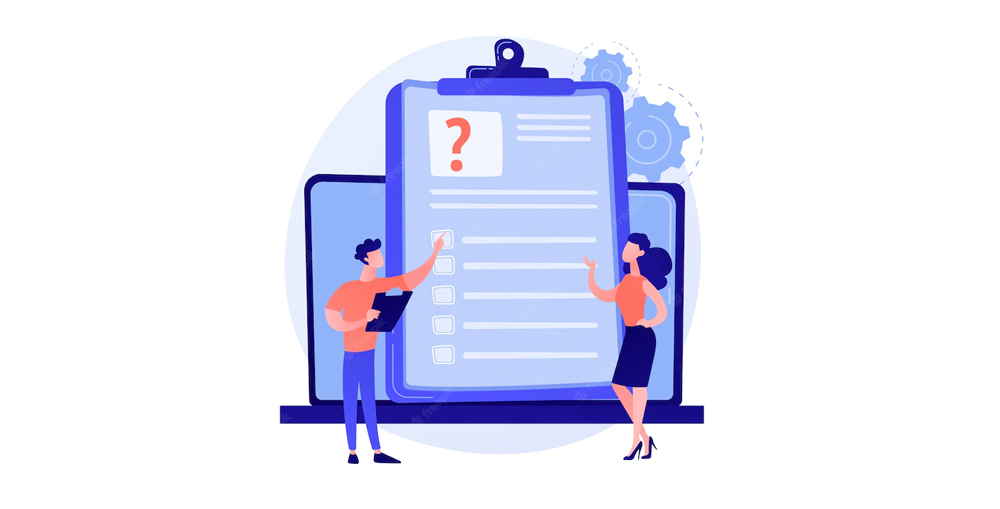
The psychographic questions can provide a much deeper understanding of your targeted audience or customers preferences, behavior and factors that can impact their purchase decision. The data is highly valuable and should be analyzed carefully to extract actionable reports. The business can segment the audience in different groups and then a strategy can be drawn to target those groups or make adjustments in products/services, businesses processes, communication and overall brand image to increase customers’ trust, happiness and satisfaction.
Customer Reviews by Open-Ended Questions
When we are conducting a customer feedback survey, sometimes we feel that the answers are not adequate enough or sometimes we feel that we can express is better in our own words rather by the pre-written responses. That is why businesses often use open-ended questions or also knows as open-text questions. In open-ended questions the customers are asked to express themselves, or explain or suggest something in their own words. It provide them a chances to express themselves and it also gives them a sense of importance and let them feel more connected with the business.
When a business is welcoming the suggestions and comments from its customers it induces a sense of importance in their mind, they become happy when the customers know that the business give them importance and is willing to listen to their voice. Here are some examples of open-ended or open-text questions that can be used to extract valuable information from the customers:
- Please explain how we can improve your experience?
- Do you have any suggestion or additional feedback for us?
- Is there anything you want to add up? Please describe it here.
- Please feel free to let us know, how we can improve our customer service?
- Is there anything our service agent can do better to improve your level of satisfaction?
- How our service agent can improve the service quality/your experience?
- Think of us as a person, how would you like us to improve our relationship with you?
- What features are the most useful for you and why?
- What additional feature(s) you would like to see in future in our products/services?
- Please explain why you’d chose this [their response from previous question] answer?
- What is the most compelling reason(s) to choose our product/service over our competitor’s?
See Also: Utilizing Customer Feedback for Competitive Advantage
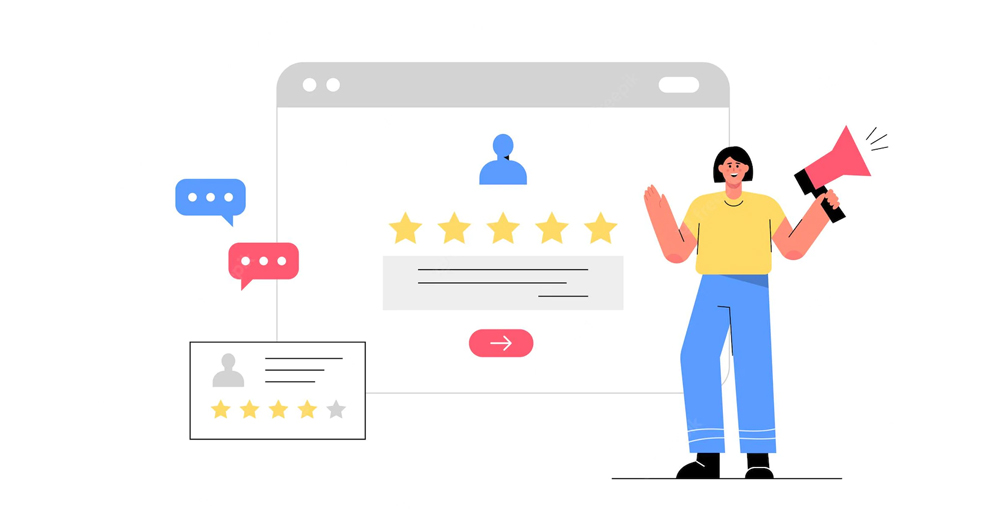
The open-ended or open-text questions are always hard to process and analyze. Especially when a business have large customer base and there are hundreds or thousands of responses. However, intelligent tools can be used to categorize the customer’s responses by identifying relevant keywords from their response and later these comments can be processed by the relevant departments, staff or managers.
The open-ended question provide your customers a free space to express themselves and address any topic or subject they feel is important. This way businesses can get a valuable customer feedback data which can be very useful in decision making and product/service development processes.
See More: The Benefits of Temperature Detecting and Monitoring Kiosk
Conclusion
Customer feedback is an extremely important part of business intelligence data. The market research and competitive analysis alone is not enough to make you able to satisfy your customers. You must have to understand what your customers want, what they think about your products and services and what they are expecting from you. That is why businesses all over the world are always taking feedbacks and suggestions from their customers. Business in Dubai and all around the UAE are proactively adopting digital technologies and solutions such as customer feedback systems to improve the efficiency and efficacy of the customer feedback collection campaigns.
The important thing in any customer feedback is the quality of the data and the quantity of the data. Both can be significantly improved if a business asks right question. To grow sales and revenue a business must be able to communicate its brand message and value proposition, in order to convey that, a business musts understand its audience. The customer feedback campaigns can provide a deeper understanding of customer persona, their preferences, liking/disliking, needs, expectations, desires and a lot more.
The purpose of writing this blog was to share examples of different types of customer feedback collection questionnaires. These questions are all designed to extract quantifiable and highly concentrated customer feedback data which can be used to analyze and evaluate various aspects of customer journey and customer experience. The open-ended questions are also very important and they can amplify the voice of your customers.
Businesses should utilize the customer feedback campaigns to collect valuable business intelligence data. RSI Concepts is a leading customer feedback system provider in Dubai, UAE. If you need any help or want to learn more about the topic, please feel free to contact us through our Contact Us page or leave a comment in the comment box below and we will get in touch with you soon.
See Also: 4 Reasons Why Self-Service Enhances Customer Experience
See Also: What to Collect and When with a Customer Feedback System?
